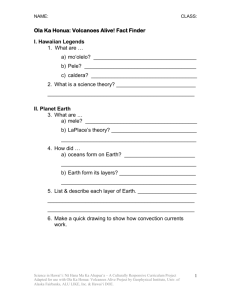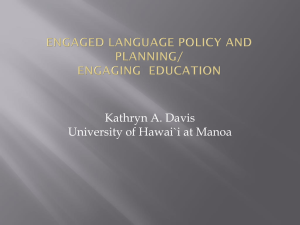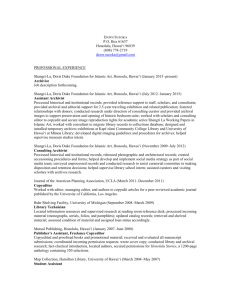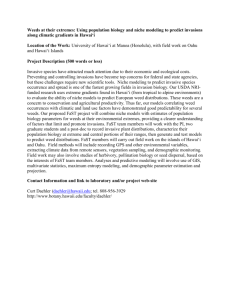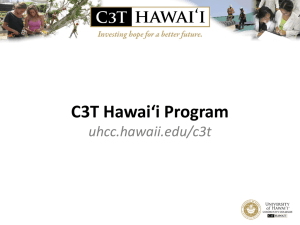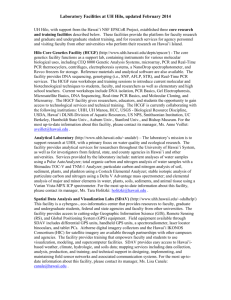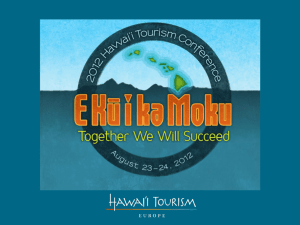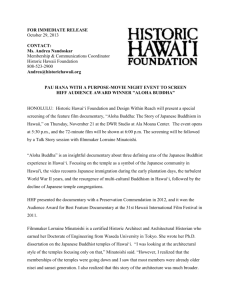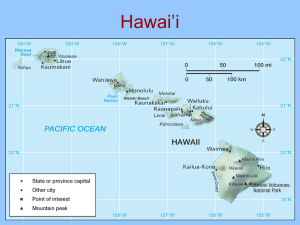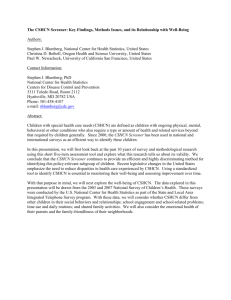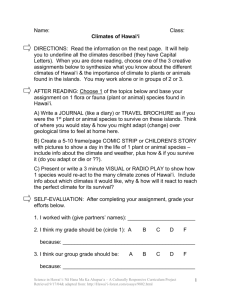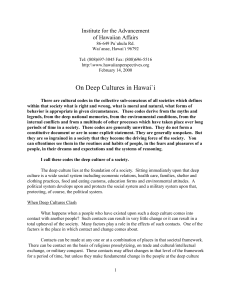TRANSITION PLAN CHECKLIST
advertisement
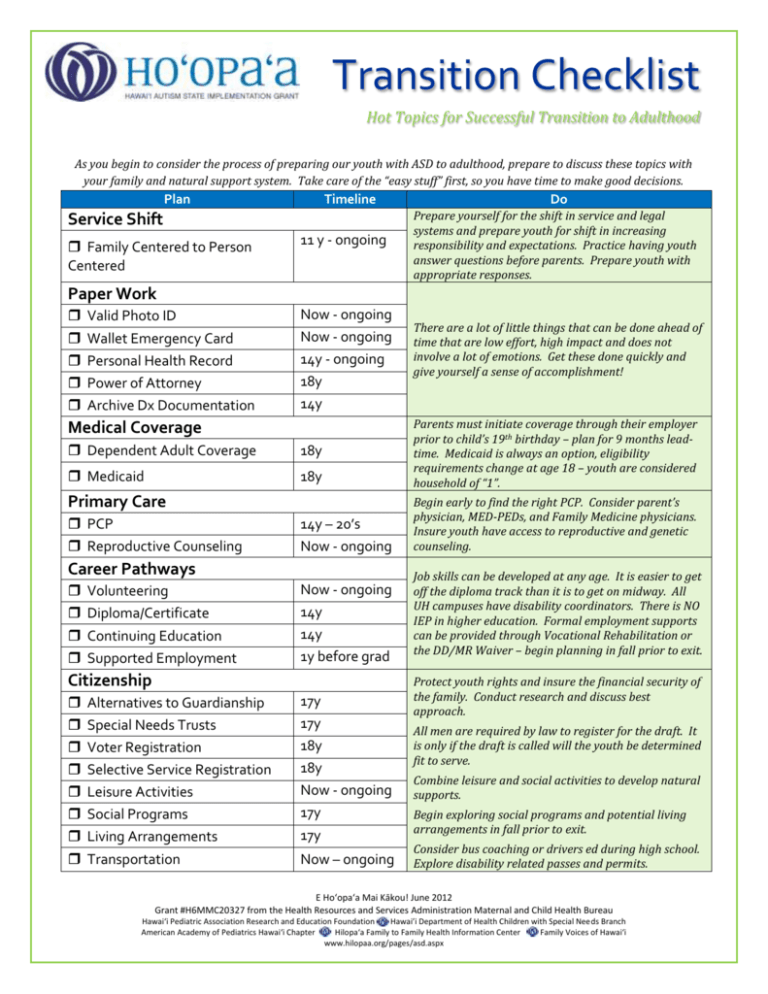
Transition Checklist Hot Topics for Successful Transition to Adulthood As you begin to consider the process of preparing our youth with ASD to adulthood, prepare to discuss these topics with your family and natural support system. Take care of the “easy stuff” first, so you have time to make good decisions. Plan Timeline Service Shift Family Centered to Person Centered 11 y - ongoing Do Prepare yourself for the shift in service and legal systems and prepare youth for shift in increasing responsibility and expectations. Practice having youth answer questions before parents. Prepare youth with appropriate responses. Paper Work Valid Photo ID Wallet Emergency Card Personal Health Record Power of Attorney Archive Dx Documentation Now - ongoing Now - ongoing 14y - ongoing 18y 14y There are a lot of little things that can be done ahead of time that are low effort, high impact and does not involve a lot of emotions. Get these done quickly and give yourself a sense of accomplishment! Dependent Adult Coverage 18y Medicaid 18y Parents must initiate coverage through their employer prior to child’s 19th birthday – plan for 9 months leadtime. Medicaid is always an option, eligibility requirements change at age 18 – youth are considered household of “1”. 14y – 20’s Now - ongoing Begin early to find the right PCP. Consider parent’s physician, MED-PEDs, and Family Medicine physicians. Insure youth have access to reproductive and genetic counseling. Medical Coverage Primary Care PCP Reproductive Counseling Career Pathways Volunteering Diploma/Certificate Continuing Education Supported Employment Now - ongoing 14y 14y 1y before grad Citizenship Alternatives to Guardianship Special Needs Trusts Voter Registration Selective Service Registration Leisure Activities Social Programs Living Arrangements Transportation 17y 17y 18y 18y Now - ongoing 17y 17y Now – ongoing Job skills can be developed at any age. It is easier to get off the diploma track than it is to get on midway. All UH campuses have disability coordinators. There is NO IEP in higher education. Formal employment supports can be provided through Vocational Rehabilitation or the DD/MR Waiver – begin planning in fall prior to exit. Protect youth rights and insure the financial security of the family. Conduct research and discuss best approach. All men are required by law to register for the draft. It is only if the draft is called will the youth be determined fit to serve. Combine leisure and social activities to develop natural supports. Begin exploring social programs and potential living arrangements in fall prior to exit. Consider bus coaching or drivers ed during high school. Explore disability related passes and permits. E Ho‘opa‘a Mai Kākou! June 2012 Grant #H6MMC20327 from the Health Resources and Services Administration Maternal and Child Health Bureau Hawai‘i Pediatric Association Research and Education Foundation Hawai’i Department of Health Children with Special Needs Branch American Academy of Pediatrics Hawai‘i Chapter Hilopa‘a Family to Family Health Information Center Family Voices of Hawai‘i www.hilopaa.org/pages/asd.aspx Hawai‘i Transition Data National Survey of Children with Special Health Care Needs 2005/2006 The National Survey of Children with Special Health Care Needs (CSHCN) is a national telephone survey conducted in all 50 states and the District of Columbia. It is sponsored by the Maternal and Child Health Bureau, U. S. Department of Health and Human Services. Hawai‘i data from the National Survey of CSHCN show that significantly fewer youth with ASD receive services needed to make transitions to adult life (0%), compared to youth with other special health care needs (40.4%). Hawai‘i ASD Data on Transition7 CSHCN Outcome #6: Youth with special health care needs receive the services necessary to make transitions to all aspects of adult life, including adult health care, work, and independence Child receives anticipatory guidance in the transition to adulthood Doctors have discussed shift to adult provider, if necessary Doctors have discussed future health care needs, if necessary Doctors have discussed future insurance needs, if necessary Child has usually or always been encouraged to take responsibility for his or her health care needs % CSHCN total % CSHCN w/autism % CSHCN w/o autism 39.4% 0% 40.4% 36.9% 35.2% 36.6% 36.1% 35.4% 36.5% 62.4% 35.2% 63.1% 46.9% 76.3% 45.4% 79.6% 18.3% 82.2% *Statistically different at the 95% confidence interval. E Ho‘opa‘a Mai Kākou! June 2012 Grant #H6MMC20327 from the Health Resources and Services Administration Maternal and Child Health Bureau Hawai‘i Pediatric Association Research and Education Foundation Hawai’i Department of Health Children with Special Needs Branch American Academy of Pediatrics Hawai‘i Chapter Hilopa‘a Family to Family Health Information Center Family Voices of Hawai‘i www.hilopaa.org/pages/asd.aspx * *
